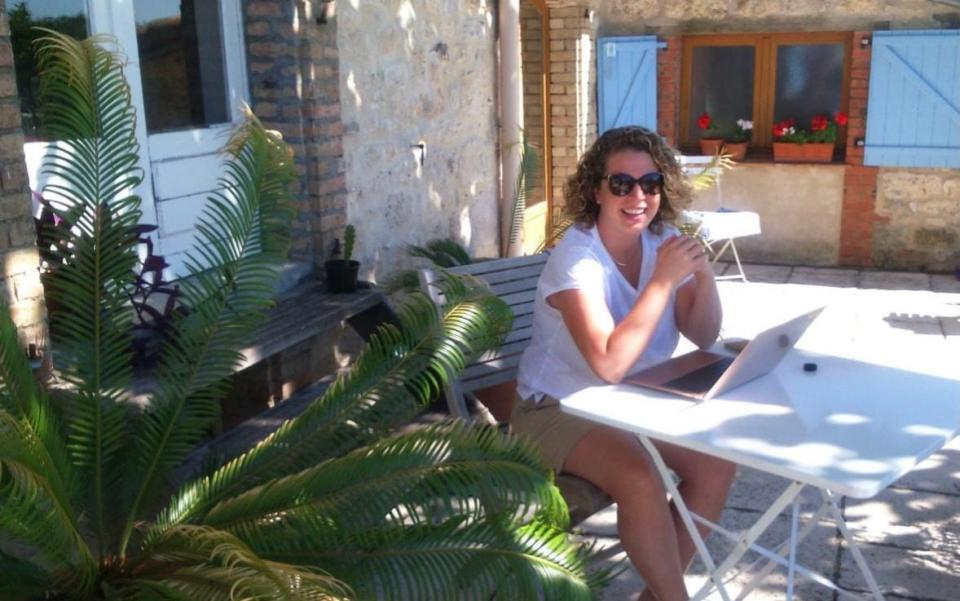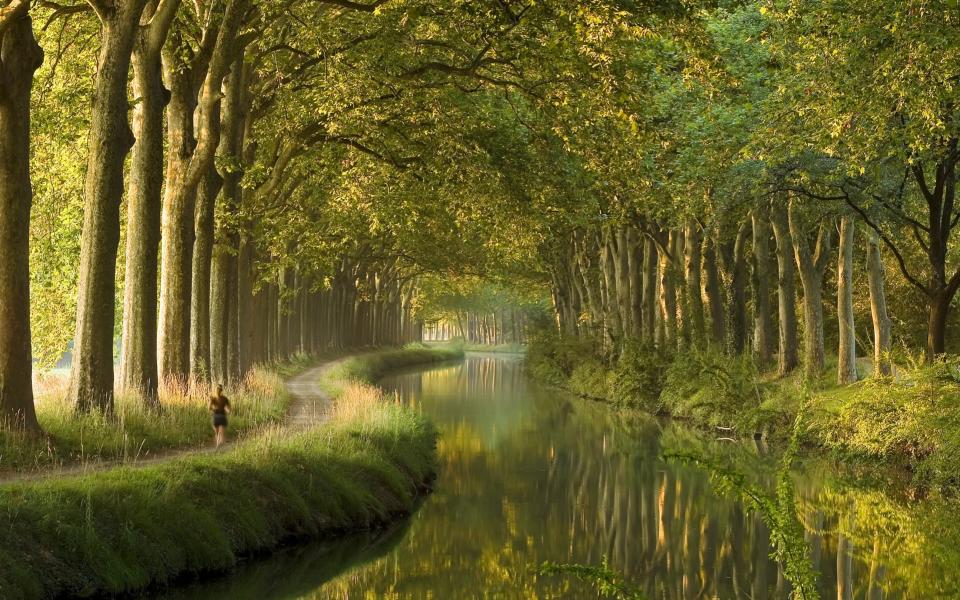Why you should consider an intergenerational 'workation' this year

Typing on a laptop under the shade of a cherry tree in rural France, with chickens pecking in the dry grass, the change of scene after months stuck at home in London was energising. Endless weeks of confinement during lockdown left my wife and I with cabin fever (even though we were lucky enough to have a house and garden) so being able to book a flight to Toulouse to stay with my parents – who have a pool – for five weeks made us feel like the One Per Cent (and we probably were).
It was also consolation for the fact that my partner, like many other people, had recently been made redundant. I said: “Try not to worry – let’s both be freelancers and work from anywhere. It’s a much better lifestyle. No commute, no boss and no office politics to contend with.” (I run my own company and am a freelance journalist, and I wouldn’t have it any other way.) And so we put it to the test.
We carved up the week, allocating three days each for work and one full family day to spend with our young daughter (we continue to do this now). We worked hard and fast, but made sure to build in time for a quick dip or an early-morning jog through the vineyards, and had the added support of childcare from my parents, which gave us bonus time to meet deadlines.
For our daughter, there were fields of sunflowers to explore, tractors to spot, potatoes to dig up and tomatoes to water. It was idyllic. What’s more, it felt safe. Safe from crowds and pollution and The Virus. One of the most stressful days we had was when some hay bales tumbled off the back of a truck and knocked out an internet tower so there was no Wi-Fi for a day or two – but beyond that, our challenges amounted to making sure we got the time difference right when arranging Zoom calls and finding enough shade in the heat of the day.

Staring at the blue of the pool or the undulating fields with a cold Orangina gave us the feeling of a holiday, even when we were working. And knowing we had weeks instead of days ahead of us meant there wasn’t the same urgency to be sunbathing or reading novels.
The “workation” proved the perfect solution for people like us who find it hard to switch off on holiday and become more productive in new environments. There has been a lot of talk about what the shift to remote working will mean in the long run – according to US-based Enterprise Technology Research, the number of people permanently working remotely around the world in 2021 will double, with the realisation that employees are often more productive when not tied to an office.
As editor and founder of travel trend forecasting agency Globetrender, I have been monitoring the “digital nomad” trend for years. Now it has been adopted by the mainstream, there are countless ways to capitalise on it.
Countries such as Barbados are launching visas to entice people to work from paradise (although this one costs $3,000/£2,203 for a family, so is expensive), while hotel groups such as Accor are turning suites into private offices (because working from home – especially with children – is not always easy).
Travel has been far more stressful during the pandemic (especially for families), meaning people are taking fewer flights and staying longer in their destination, frequently combining annual leave with making money.
These “blended” trips will likely become far more commonplace, especially for urbanites desperate to spend time away from cities. We will be returning to France for a workation as soon as we are able to. Although this time the cherry tree may be bare and the mornings too chilly to sit with our feet in the pool while checking emails, we might start house hunting – because without an office, why not relocate?
Travel within the UK and overseas is currently subject to restrictions. Check the relevant guidance before booking and travelling.

